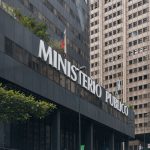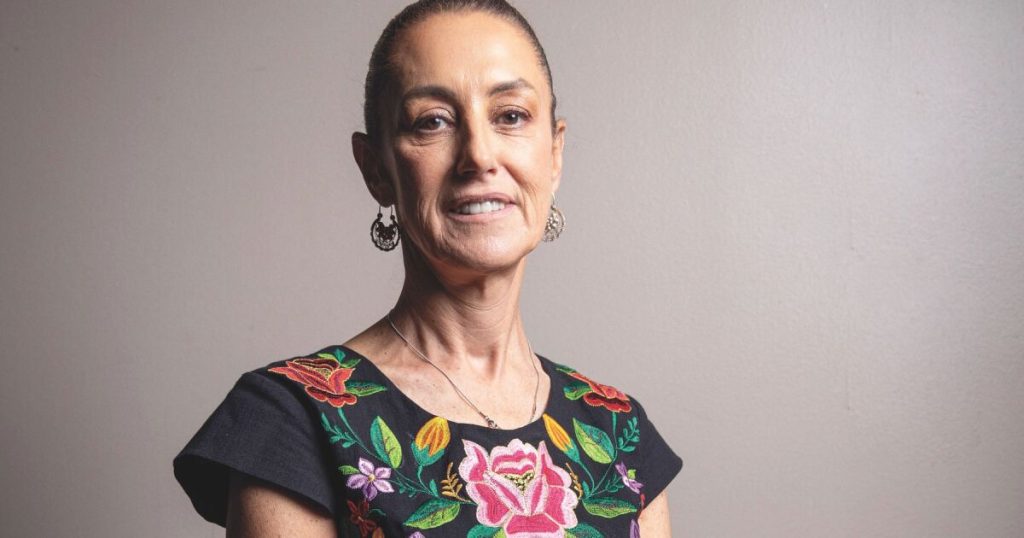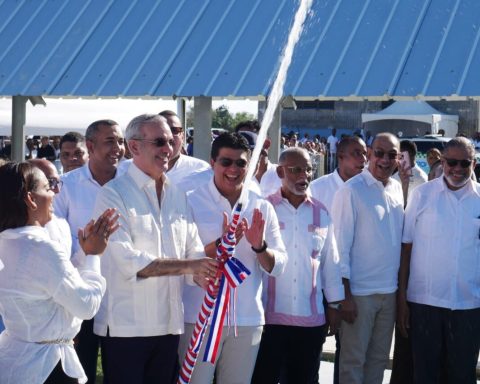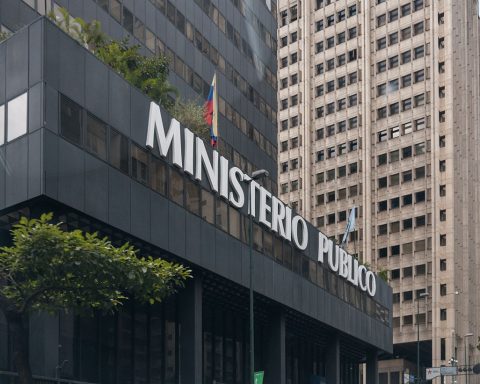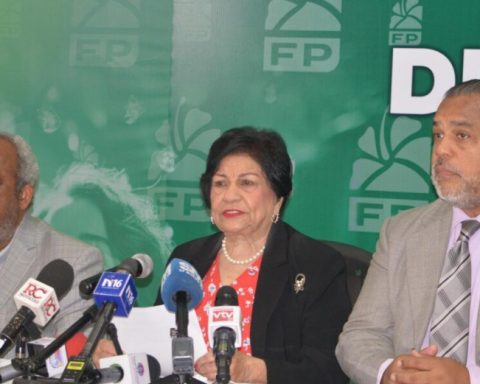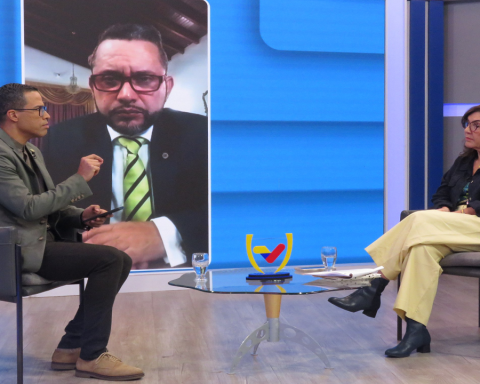The first formal debate on the financing bill in Congress has not yet taken place and through social networks, as well as in the corridors of the Senate and the House, comments for and against this initiative, which the Government described as vital to ensure stability, continue to be made. of finances by 2025 and ensure that all projected expenses can be met.
This is why the Ministry of Finance, the National Planning Department and the Presidency itself have called for several dialogue sessions with congressmen from the economic commissions to explain the importance of collecting the $12 billion that the tax change proposed in their proposal is targeting. However, so far it seems that they have not been completely convinced.
For reading: Bogotá could face energy shortages in 2025 due to halt in projects
For example, for Representative Carolina Arbeláez, the intentions behind the modification The tax reform shows that they “want to continue living comfortably” at the expense of Colombian families, workers, entrepreneurs and businessmen; which is why he confirmed that he will not support the idea in the votes, which are expected to begin in the next few days, before the second debate on the 2025 Budget.
“Presenting a budget of this amount, which breaks the fiscal rule, is not being aware of the financial situation that the country is experiencing. We are aware of the inconvenience of the tax reform that was approved at the beginning of this Government and that has affected the working class, entrepreneurs. and that directly affected the family basket of all Colombians,” said Arbeláez.
National budget debate
Cesar Melgarejo/ CEET
In this regard, he added that “the tax reform increases taxes on individuals, on assets, and on occasional profits, which means that you will pay more taxes when you sell your little house or your property that you surely acquired with a lot of effort. They will also impose taxes on fuels, which will end up increasing the price of gasoline and diesel and therefore inflation.”
Likewise, representative Octavio Cardona recalled that the economy The national government is not going through a time when it can think of increasing taxes and because of this it suggests reducing spending, in accordance with the different calls for austerity and the intelligent use of resources that various study centers have made.
“Colombians’ pockets are not ready for another tax reform. An income tax is proposed for individuals with higher incomes, but what does the government call it, higher incomes,” explained the representative.
More news: The economic and social effect that energy rationing would have on the country
Votes to sink her
In all this exchange of opinions, it cannot be overlooked that The President of Congress himself, Efraín Cepeda, said a few days ago that he has enough votes to defeat the financing law, while he has reiterated the call for this debate to be separated from the Budget and thus take pressure off the issue.
The concrete proposal of the sector close to Cepeda is to reduce the amount of the draft General Budget of the Nation by the $12 billion of the reform, which would go from $523 billion to $511 billion. This is so that a thorough tax reform can be reviewed later and, if it is approved, the resources can simply be added to next year’s income.

Financing bill.
Private file
It should be noted that not all congressmen are against the financing law, nor do they support the reduction of the PGN, since for Representative Karen Manrique, “it is Colombia that needs these resources, not President Gustavo Petro. The debates must be technical, This debate must focus on proposals, on proposals that help build the country.”
“In this scenario, we know that there are different political currents, however, at this moment we are debating the budget amount, we are debating the General Budget of the Nation, which is not for President Gustavo Petro or for the Minister of Finance, it is for the country, it is for Colombia, where we as congressmen and representatives of the people have a great responsibility,” he explained.
For now the official position of the National Government is that these resources They cannot be cut, since they are part of the social investment that is planned to be made in the regions and due to this the tensions between the Executive and the Legislative have reached such a point that the amount of the Budget was denied and for now there is no clarity on how the differences that continue to arise will be settled.
You may be interested in: ‘Little tricks’ in Congress could be slowing down the process of labor reform
Putting common sense first
Moving away from politics, this week the Center for Economic Studies Anif also spoke out, whose president José Ignacio López indicated that common sense must prevail in the Government and the fiscal rule cannot be put at risk, neither by stretching the debt, much less with the tax pressures that the Government plans to exert.
“With our accounts for 2025, tax revenues would be bordering $291 trillion, $26 trillion below the $317 trillion that support the $523 trillion. If we add to this an additional $5 trillion that would not materialize in the capital resources account, we are talking about a shortfall of $31 trillion, in a scenario with optimistic assumptions. With more prudent accounts, the shortfall rises to $38 trillion,” said López.

Colombian pesos
iStock
He also suggested that “the Financing Law, if approved, would secure resources of $4.8 billion, not the $12 that the Executive claims – more than new income, it gives the country license to run a larger deficit, at the expense of stretching and undermining the Fiscal Rule” and then warned that “a more austere budget is needed, for the good of the country and of the Government itself.”
For now, all attention is focused on September 25, the date on which the Ministry of Finance and Congress should have reached an agreement on the Budget, both in terms of amount and wording, to approve it in the first debate and move forward to October 20, otherwise it would collapse. The financing law, the budget project and everything should be defined by decree.








